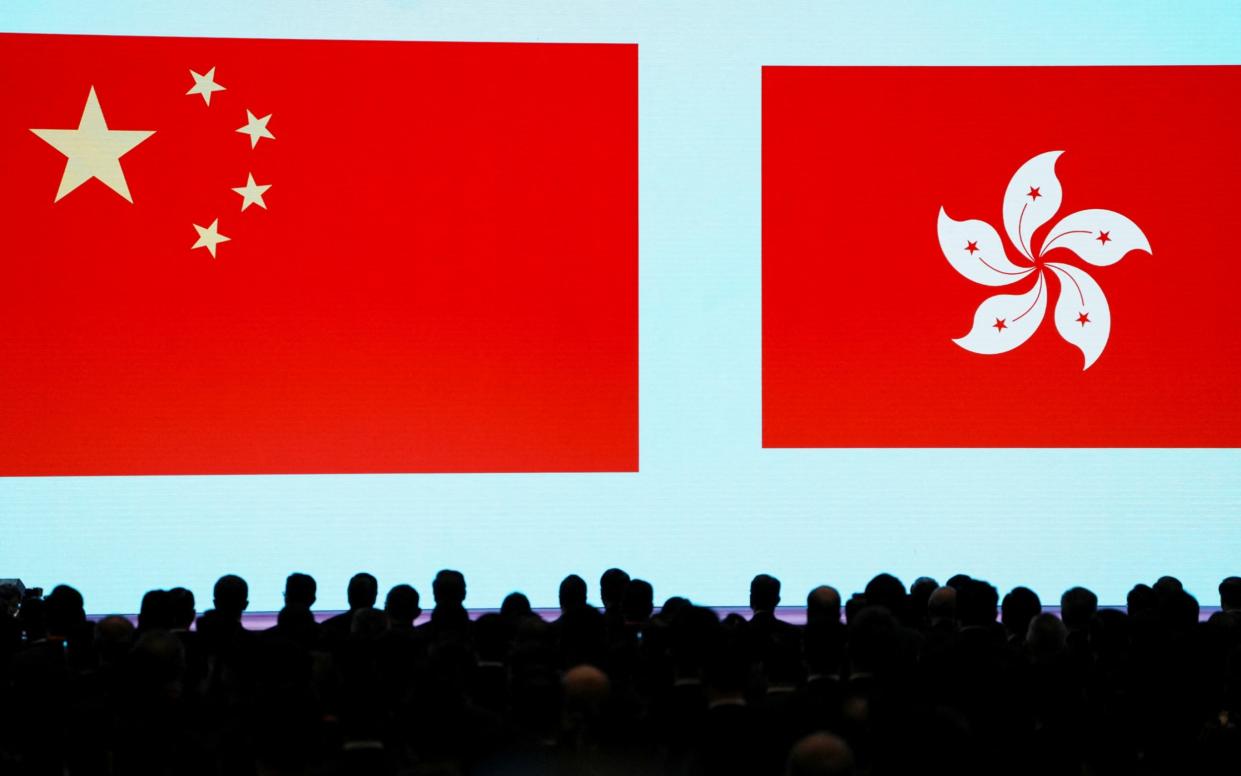China is now exporting its totalitarianism to the West

Both Britain and Hong Kong have national security laws, but they are a world apart. Our National Security Act is a vital tool in our democratic arsenal, designed to defend our freedoms against attempts by hostile powers to infiltrate, influence or intimidate our citizens. In contrast, Hong Kong’s draconian National Security Law, imposed by Beijing in 2020, and the newer version introduced in March, have destroyed Hong Kong’s freedoms and turned what was once an open society into a police state.
Now Beijing is increasingly trying to export its totalitarianism to the West. Recent cases of alleged espionage, cyber attacks on Parliament and the Electoral Commission, and harassment of and threats to critics of the Chinese Communist Party (CCP) in Britain and other democracies are just the tip of the iceberg. The CCP is conducting a sustained assault on our liberties as part of its campaign of transnational repression.
Diaspora communities – Hong Kongers, Uyghurs, Tibetans and Chinese dissidents – are the primary targets of this campaign. Last year, the Hong Kong government issued arrest warrants and HK$1 million bounties against 13 exiled Hong Kong pro-democracy activists, six of whom live in the UK. Their families and friends still in Hong Kong were dragged in for interrogation and threatened. The obvious aim of such tactics is to silence dissent even abroad through a chill factor created by an atmosphere of fear.
The long arm of Beijing threatens not only well-known dissidents, but ordinary Chinese and Hong Kong students in Western universities, according to a report released this week by Amnesty International. Surveillance and intimidation by the CCP on our campuses is leading to self-censorship in academia.
In October 2022, China’s transnational repression campaign was on full display at the Chinese consulate in Manchester, when Chinese diplomats physically assaulted peaceful Hong Kong protesters, dragging one young man behind the gates of the consulate for a severe beating. The consul general himself was pictured pulling the man’s hair and later said it was his “duty” to do so.
But it is not only diaspora communities that are affected. Seven parliamentarians have been sanctioned by China, and several have been targeted with email and social-media impersonation campaigns and hacking attempts. I myself have had a taste of Beijing’s bullying. Over the past six years I have received a succession of anonymous threatening letters, sent to my home address.
Evidence is growing that Hong Kong Economic and Trade Offices (HKETOs) are becoming hubs for transnational repression. These offices, established when Hong Kong had autonomy, function like an embassy for the city, but now that that autonomy is in tatters, and they appear to be simply an outlet for the CCP’s propaganda and repression, their status should be reviewed.
Western democracies are beginning to wake up to the threats posed by Beijing. The fact that the Chinese ambassador was summoned yesterday by the Foreign Office is a welcome step. But we need to advance beyond mere slap-on-the-wrist responses if Beijing’s incursions into our society are to be prevented. We need to realise that Hong Kong is just the start.
Taiwan is next, and our own democracy is increasingly in the crosshairs, too. We either kowtow, or we wake up and defend our freedoms with everything we have.
Benedict Rogers is the chief executive of Hong Kong Watch

